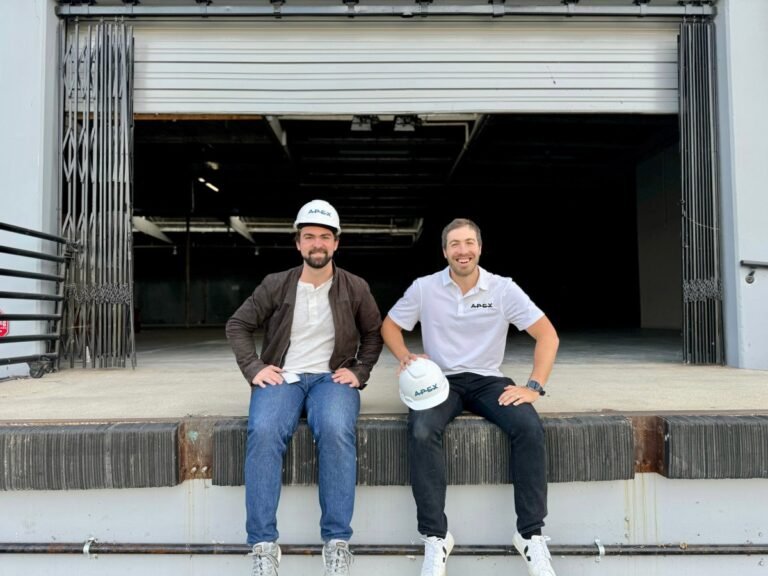Latitude, an emerging French startup, secures impressive $30M in Series B funding for small launch endeavors

French small launch developer Latitude has closed $30 million in new capital as it eyes the first flight of its Zephyr rocket in 2025.
While other rocket companies are going bigger, developing even more massive rockets, Latitude is taking a different approach: light, small, and hopefully cheap enough to beat out competitors.
Its first rocket, Zephyr, will stand at just 62 feet and will be capable of delivering up to 100 kilograms of payload to low Earth orbit.
The two-stage rocket will be powered by eight 3D-printed engines called Navier, which Latitude is developing in-house.
In a statement, Latitude CEO and cofounder Stanislas Maximin said 2024 would be a “pivotal year” before Zephyr’s first flight in 2025.




